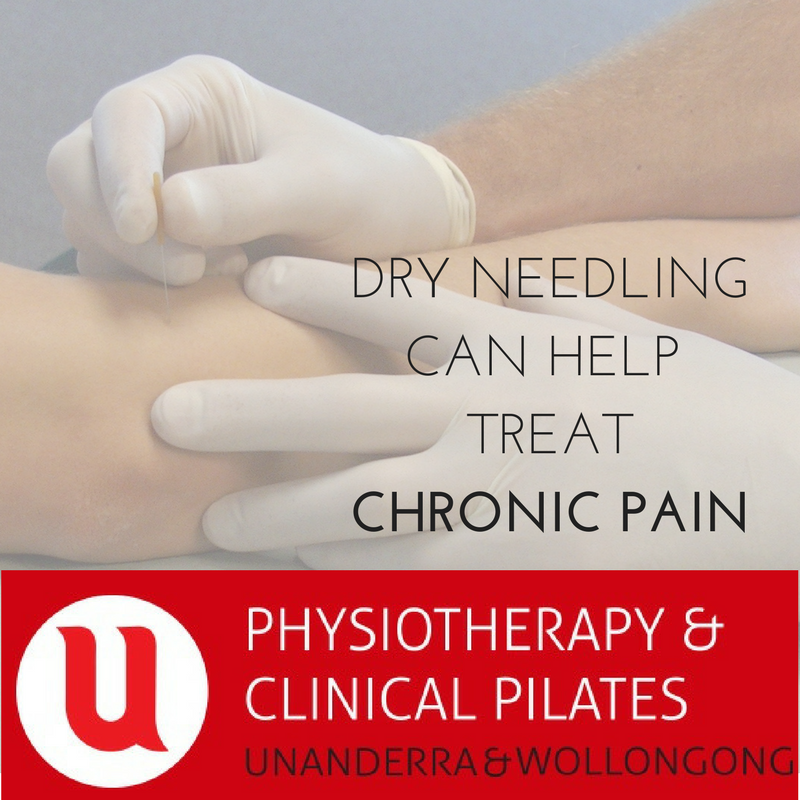Dry needling, also known as intramuscular stimulation (IMS) or myofascial trigger point dry needling uses the same thin, solid needles that are used in acupuncture. Skilled physiotherapists insert the needles into the skin and muscle to directly target tight knots of muscle called trigger points that cause and refer pain throughout the body. If your physiotherapist has suggested you try dry needling or you’re interested in knowing the benefits, here are 5 reasons you should try dry needling for pain relief.
Relax tight muscles
Dry Needling is like a reset button for your muscles. Physiotherapists can identify these ‘knots’ or ‘trigger points’ and can use dry needling to help restore the muscles to its normal length. The mechanism of action is not fully understood but is thought to work by altering the electrical activity in the region which results in a twitch response which effectively “resets” the muscle back to a normal resting length.
Improve Blood Flow
Muscles that are ‘tight’ can cause pain that refers to other areas of the body. Dry needling seeks out trigger points and releases them using an ultra-thin acupuncture needle. With relaxed muscles comes improved blood flow!
Decrease Pain & Release Neurotransmitters
Dry needling activates the body to release opiate peptides like beta-endorphins, enkephalins, and dynorphins. These neurotransmitters work to block transmission of pain information to the brain and spinal cord.
Improve Movement
Patients that undergo dry needling typically see an improvement in their range of motion (how much they can move). This improved movement is due to dry needling releasing trigger points, increasing blood flow, and reducing pain.
Treat Chronic Pain
Dry needling can treat a variety of pain, both acute and chronic. It’s used as part of a larger treatment plan to effectively manage conditions like shoulder pain, back pain, neck pain, headaches, plantar fasciitis, tennis/golf elbow, sciatica and more.
Are you interested in talking to a provider trained in dry needling? Book an appointment today with one of our physiotherapists to help you determine if dry needling could be an option to treat your pain.





